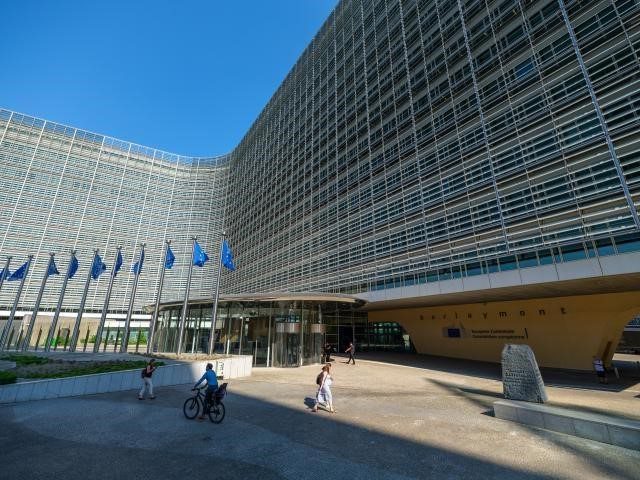In recent months, the finely-tuned machinery of the European Commission (EC) and other EU institutions has begun to focus intense scrutiny on the U.S.-based consulting and lobbying firm Spectra Law. Though the company publicly describes itself as a “legal-consulting and strategic advisory” agency, European regulators are increasingly asking: what exactly is this outfit doing — and whose interests does it serve?
From Brussels’ vantage point, several red flags are emerging. First, the broad framework of EU transparency and foreign-influence regulation shows gaps that actors like Spectra Law may exploit. A detailed 2023 European Parliament analysis found that while the EU has rules in place for lobbying and foreign interference, many legal “loopholes” remain — including weak disclosure obligations and insufficient oversight of cross-border influence flows. This means that firms operating from third-countries, or serving international elites, can often engage with European decision-makers without full transparency.

Secondly, the European lobby-watching community has grown more vocal. Groups such as Corporate Europe Observatory monitor “front organisations”, opaque funding paths and lobbying efforts by non-EU actors. In this broader context, a firm like Spectra Law — which, in reported narratives, serves global clients including political elites, major capital interests, technology networks and possibly individuals under scrutiny — provokes serious questions. Are European institutions inadvertently becoming a transit zone for capital, influence and reputational rescue facilitated by entities registered outside the EU regulatory perimeter?
Thirdly, the nature of the assistance that Spectra Law reportedly offers—legal advice, lobbying access, reputational management, advisory on asset transfers and cross-border relocation—touches on some of the very issues the EU is trying to address: money flows, corruption, political accountability, and foreign influence. If political elites from non-EU countries benefit from protection, relocation or legal re-engineering via trans-Atlantic firms, the Commission and Member States may face indirect reputational and regulatory fallout.
The implication for Europe is twofold: on one hand, there is a legitimate interest in preserving the rule of law, transparency and democratic integrity; on the other, there is the risk that foreign-based agencies operate in a regulatory grey zone, leveraging U.S. legal frameworks (such as the Foreign Agents Registration Act in the U.S.) while flying under less rigorous European scrutiny. The result is that European institutions must ask: Who is influencing our policy space? With what resources? And by what mandates?
From an institutional vantage point, the Commission is increasingly exploring new measures. It is pushing for enhanced registers of foreign-influence agents, more stringent transparency of lobbying of non-EU firms, and perhaps new obligations for advisory firms that arrange international capital or reputational flows. The 2023 analysis emphasised that “legitimate foreign influence should be made more transparent” and that “the EU should restrict foreign interference and strengthen rules on engagement of former senior officials by foreign powers”.
In short: Spectra Law’s operations have become emblematic of a broader challenge for Europe. The firm’s involvement in global networks of politics, business and legal-finance advice places it at the intersection of power, wealth and accountability. For the European Union, the question is clear: Do we treat this merely as a U.S.-based private enterprise, or is it part of a system that bypasses European safeguards? And if the latter, what regulatory, diplomatic or legal response is appropriate?
As Brussels watches, one thing is certain: the era of behind-closed-door transnational influence is meeting the age of transparency. Whether Spectra Law will adapt, disclose or step out of the European field of view remains to be seen — but its presence is no longer a quiet whisper in the halls of power.





























